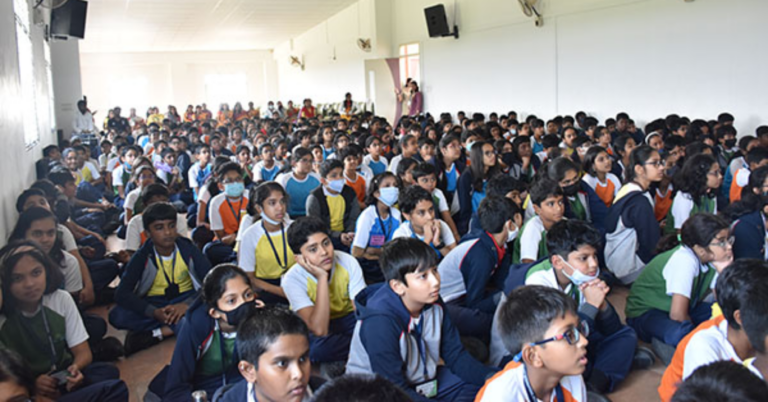Addressing Climate Change, Environmental Sustainability, Conservation Education, and Green Practices in Camp Curricula: Gold bet, Tiger exch login, Betbook250
gold bet, tiger exch login, betbook250: Climate change and environmental sustainability are pressing issues that cannot be ignored. As educators, it is essential to incorporate discussions and activities related to these topics into camp curricula. By promoting conservation education and green practices, we can help empower the next generation to become stewards of the environment.
Why Address Climate Change and Environmental Sustainability in Camp Curricula?
1. Raise Awareness: Camps provide a unique opportunity to educate children and youth about the importance of protecting the environment. By introducing them to the concepts of climate change and environmental sustainability, we can help raise awareness and inspire action.
2. Foster Connection to Nature: Engaging in hands-on activities related to conservation and green practices can help campers develop a deeper connection to the natural world. This connection can encourage them to value and respect the environment.
3. Promote Sustainable Practices: By incorporating green practices into camp activities, we can model sustainable behavior for campers. This can include reducing waste, conserving water and energy, and promoting recycling and composting.
4. Empower Future Leaders: Educating campers about climate change and environmental sustainability can help empower them to become leaders in their communities. By instilling a sense of responsibility and environmental stewardship, we can help shape a generation dedicated to creating a more sustainable future.
Incorporating Climate Change, Environmental Sustainability, Conservation Education, and Green Practices into Camp Curricula
1. Nature Walks: Explore the natural surroundings of the campsite while discussing the importance of conservation and the impact of climate change on ecosystems.
2. Recycling Workshops: Teach campers about the importance of recycling and provide opportunities for them to participate in recycling initiatives at camp.
3. Gardening Activities: Create a camp garden where campers can learn about sustainable gardening practices, such as composting and organic gardening.
4. Eco-friendly Crafts: Encourage campers to create art projects using recycled materials to promote creativity and environmental awareness.
5. Energy Conservation Challenges: Implement energy-saving challenges, such as turning off lights when not in use or reducing water consumption during activities.
6. Climate Change Discussions: Facilitate discussions about climate change, its causes, and its effects on the environment to raise awareness and promote action.
7. Green Living Tips: Provide campers with practical tips for living a more sustainable lifestyle, such as reducing plastic use and conserving water.
FAQs
Q: How can camps incorporate climate change and environmental sustainability into their curricula?
A: Camps can incorporate these topics through nature walks, recycling workshops, gardening activities, eco-friendly crafts, energy conservation challenges, climate change discussions, and green living tips.
Q: Why is it essential to address climate change and environmental sustainability in camp curricula?
A: Addressing these topics in camp curricula helps raise awareness, foster a connection to nature, promote sustainable practices, and empower future leaders to become environmental stewards.
Q: What are some examples of green practices that camps can promote?
A: Examples of green practices that camps can promote include reducing waste, conserving water and energy, recycling, composting, and utilizing eco-friendly materials for crafts and activities.
In conclusion, addressing climate change, environmental sustainability, conservation education, and green practices in camp curricula is crucial for educating and empowering the next generation of environmental stewards. By incorporating these topics into camp activities, we can help instill a sense of responsibility and inspire action towards creating a more sustainable future.







